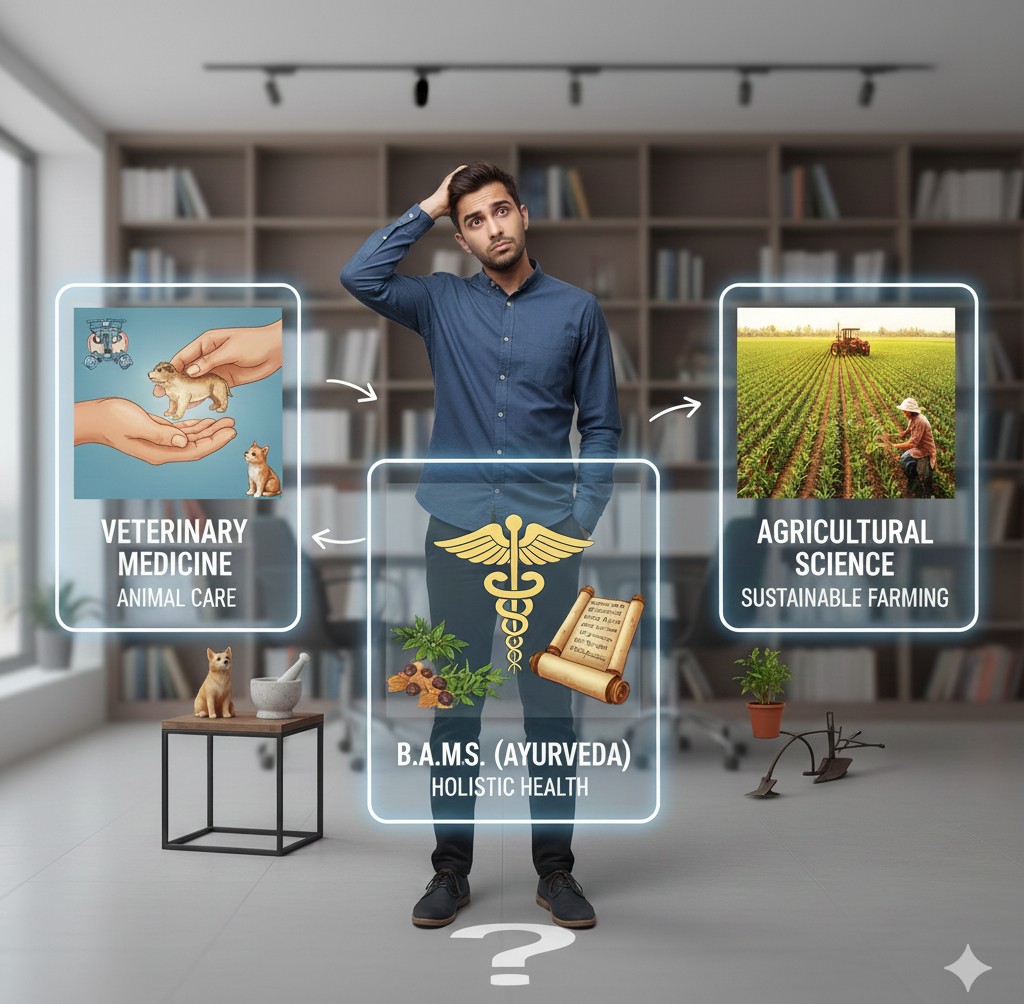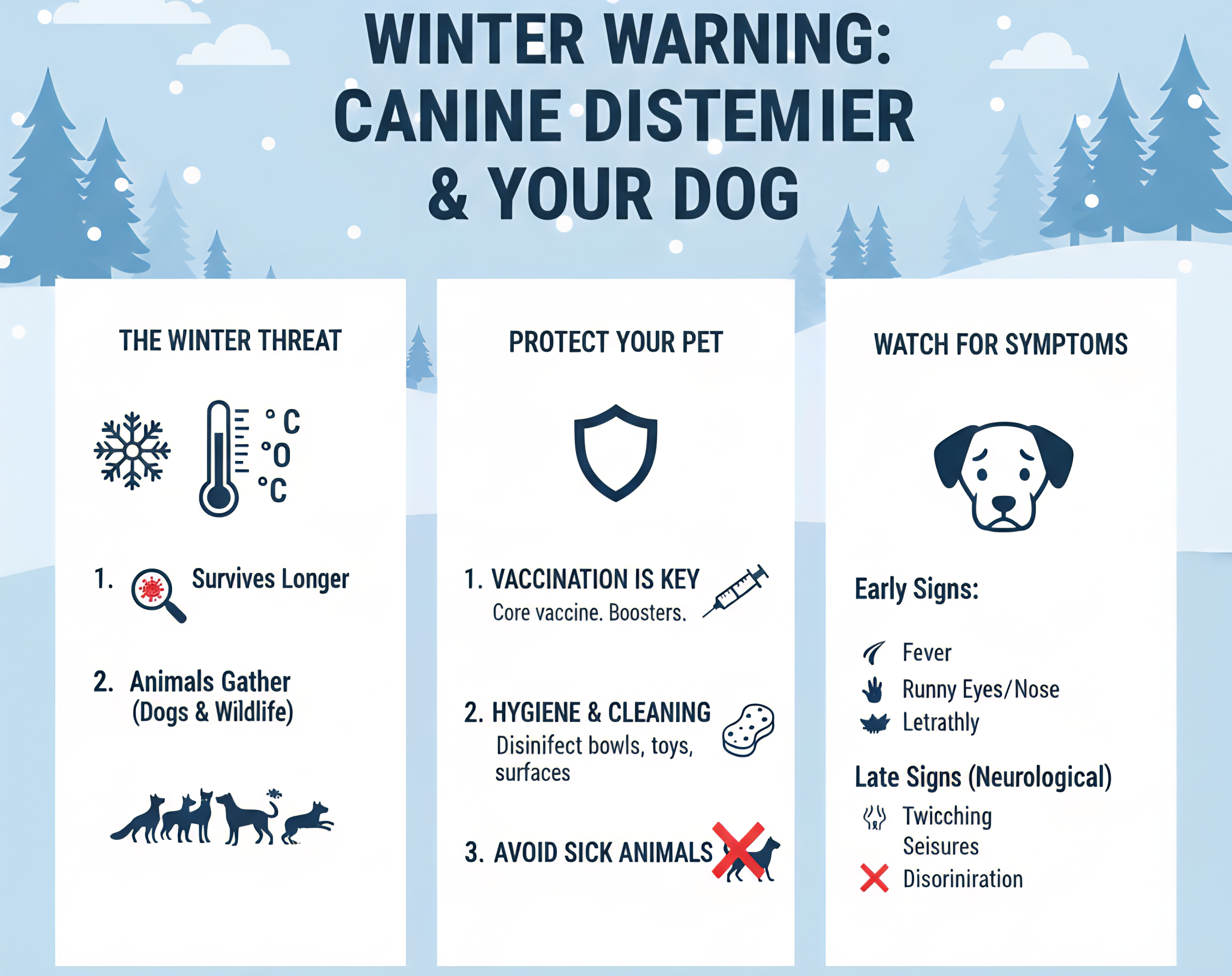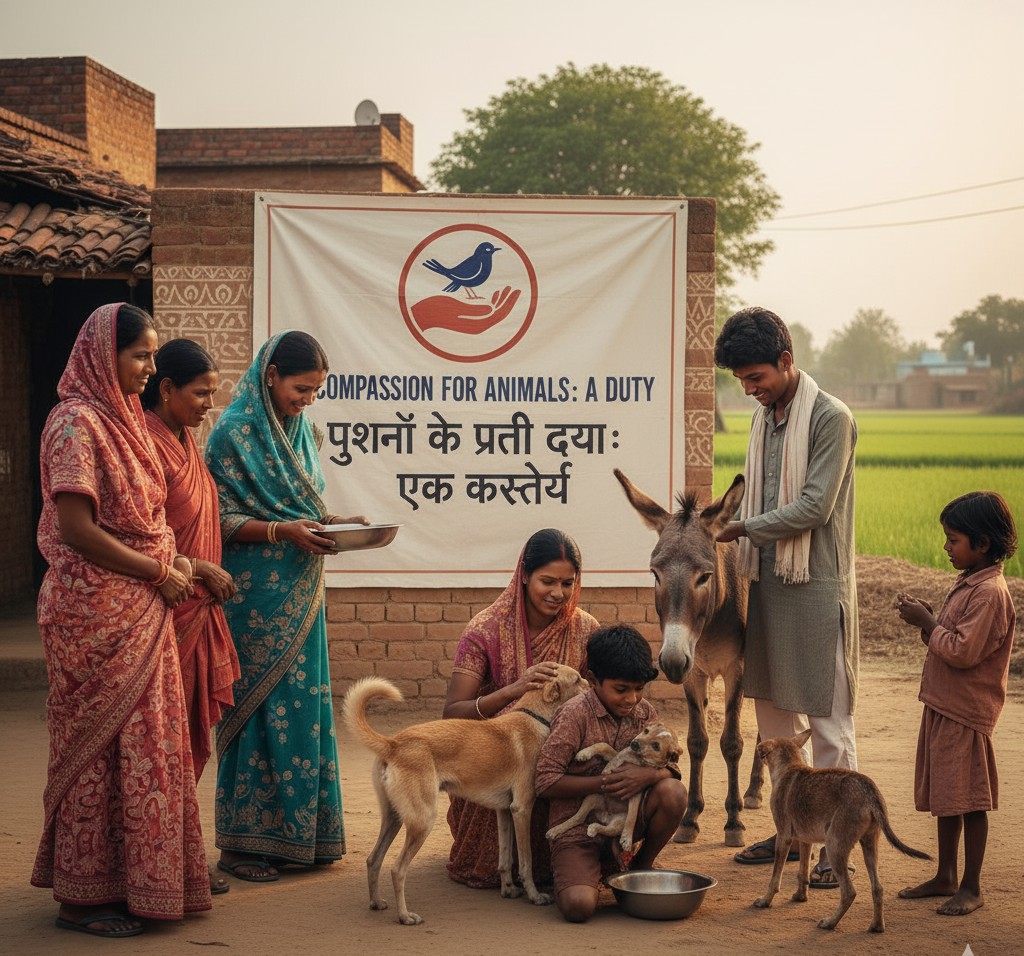In the face of emerging infectious diseases, environmental challenges, and complex food safety concerns, the veterinary profession is undergoing a transformative shift. The concept of One Health, which recognizes the interconnectedness of animal, human, and environmental health, is rapidly becoming the cornerstone of this transformation. Here at IIVER, we are at the forefront of this movement, integrating a robust One Health approach into our curriculum.
This article will delve into the core aspects of One Health, highlighting the crucial role veterinarians play in this interdisciplinary collaboration. We will explore specific examples of how IIVER fosters an interdisciplinary environment, preparing future veterinary professionals to tackle the multifaceted challenges of a One Health world.
Building on this foundation, let's examine some specific aspects of One Health that are emphasized at IIVER…
One Health in Action: IIVER Fosters Collaboration for Zoonotic Disease Control
At the IIVER, we understand the critical role veterinarians play in the One Health fight against zoonotic diseases. Here's how our curriculum actively prepares students for effective collaboration with public health officials and animal control to prevent and control these diseases:
Building a One Health Foundation:
- Core Courses: We establish a strong foundation with core courses that delve into the interconnectedness of animal, human, and environmental health. This emphasis on the One Health approach highlights the importance of collaboration in tackling zoonotic diseases relevant to our region.
- Regional Focus on Zoonoses: Courses specifically explore zoonotic diseases prevalent in Haryana, like rabies, Japanese encephalitis, and brucellosis. Students gain a deep understanding of their epidemiology, transmission routes, and impact on animal, human, and environmental health.
Developing Collaborative Skills:
- Interactive Case Studies: We throw students into real-world scenarios through interactive exercises simulating zoonotic disease outbreaks like rabies or avian influenza. Working in teams representing veterinarians, public health officials, animal control officers, and potentially environmental scientists, they develop response plans and communication strategies. This fosters a strong understanding of each role's contribution within the One Health framework.
- Exposure to Diverse Experts: We regularly invite guest lecturers and host panel discussions featuring professionals from the Haryana Public Health Department, Animal Husbandry Department, and potentially environmental agencies. This exposure to diverse expertise and perspectives reinforces the importance of collaboration across disciplines.
Mastering Communication for One Health:
- Dedicated Courses: We offer courses specifically designed to develop strong communication skills tailored to the One Health approach. These courses emphasize clear and concise communication between veterinarians, public health officials, and the public. This equips students to effectively exchange information, crucial for disease control and prevention efforts.
- Community Outreach Training: We integrate community outreach training into some courses. Students learn to communicate effectively with diverse audiences about zoonotic diseases, prevention strategies, and the significance of One Health collaboration. This empowers them to educate the public and promote responsible practices that contribute to a healthier environment for all.
One Health in Practice:
- Rotations and Externships: Students gain practical experience through rotations at veterinary clinics, public health agencies, or even environmental organizations like wildlife sanctuaries. Shadowing professionals from different disciplines, they observe first hand how communication and coordination happen in real-world situations related to zoonotic disease control.
- Collaborative Outreach Programs: Students actively participate in outreach programs alongside public health officials, animal control officers, and potentially environmental scientists. These programs may involve educating farmers about best practices for preventing brucellosis or collaborating with wildlife officials on rabies control initiatives. This practical experience solidifies their understanding of collaboration and its effectiveness in tackling zoonotic threats.
IIVER: Guardians of One Health in Food Safety
At the IIVER, we take food safety very seriously. Our commitment to the One Health framework ensures we're not just training veterinarians, but food safety champions who safeguard the entire food chain. Here's how we achieve this:
1. Educating Food Safety Experts:
- Integrated Food Safety Curriculum: Food safety principles are woven throughout our curriculum – from animal production courses to public health and veterinary medicine. This holistic approach emphasizes the interconnectedness of animal health, foodborne illness prevention, and public health, ensuring our graduates understand the big picture.
- Zoonotic Disease Focus: We delve into zoonotic diseases transmissible through food, like E. coli or Salmonella. Students gain a deep understanding of their impact on animal health, the food safety protocols needed to mitigate risks, and public health considerations.
2. Building Collaborative Teams for Food Safety:
- Interactive One Health Case Studies: We don't just teach; we make learning real. Interactive scenarios simulate foodborne illness outbreaks. Students work in teams representing veterinarians, public health officials, food safety inspectors, and potentially animal scientists (depending on the scenario). Through collaboration, they identify the source of contamination, develop containment strategies, and recommend best practices to ensure safe food production.
- Exposure to Food Safety Experts: Learning from the best is key. We regularly invite veterinarians from food safety inspection agencies or public health officials with experience in outbreak investigations to deliver guest lectures. Field trips to food processing facilities and animal farms further enhance this practical learning by providing real-world insights into food safety practices.
3. Mastering Communication for One Health Food Safety:
- Dedicated Food Safety Communication Courses: Clear communication is vital across the food chain. Our dedicated courses equip students with strong communication skills specifically tailored to the One Health approach. These courses emphasize how veterinarians, food producers, inspectors, and the public need to communicate effectively to ensure food safety.
- Public Outreach Training: Educating the public is crucial. Some of our courses integrate public outreach training, empowering students to effectively communicate food safety practices to diverse audiences. This training equips them to educate consumers about safe food handling, responsible sourcing of food products, and the importance of One Health collaboration in safeguarding the food chain.
4. One Health in Action: Food Safety on the Ground
- Rotations and Externships: Experiential learning is essential. Rotations at veterinary clinics with a food safety focus, public health agencies involved in foodborne illness investigations, or food safety inspection agencies allow students to witness One Health principles in action. Shadowing professionals from different disciplines provides first hand observation of how communication and coordination ensure food safety in the real world.
- Collaborative Food Safety Projects: We actively encourage student participation in collaborative food safety projects with public health agencies or food safety organizations. These projects could involve developing educational materials for farmers on best practices to minimize foodborne illness risks or participating in community outreach programs promoting safe food handling practices. This practical experience solidifies their understanding of collaboration and its effectiveness in tackling food safety challenges.
IIVER: Leading the Charge Against AMR with a One Health Approach
At IIVER, we recognize the growing threat of antimicrobial resistance (AMR) and actively contribute to the One Health fight against it. We go beyond simply training veterinarians; we equip them to be champions for responsible antibiotic use within the One Health framework. Here's how:
- Embedding AMR Education: AMR education is woven throughout our curriculum, integrated into courses like pharmacology, microbiology, and public health. This ensures our students understand the risks associated with AMR in animals and its broader impact on both animal and human health – a crucial One Health perspective.
- Clinical Training with One Health in Mind: Our clinical training emphasizes responsible antibiotic stewardship. Students learn best practices for prescribing antibiotics in animals, exploring alternative treatment options where appropriate, and adhering to proper withdrawal times in food animals. These practices are critical for minimizing the risk of AMR emergence.
- Public Awareness Campaigns: We believe in empowering the public. IIVER works alongside public health agencies to develop educational campaigns for farmers, pet owners, and the general public. These campaigns raise awareness about responsible antibiotic use in animals, highlighting the dangers of AMR and its potential impact on both human and animal health within the One Health framework.
- Fostering a One Health Culture: IIVER is committed to building a collaborative One Health approach. We offer faculty development programs that empower our educators to integrate AMR and One Health concepts effectively into their teaching and research. Additionally, students are actively engaged in One Health workshops, research projects, and outreach programs focused on AMR. These initiatives foster a collaborative spirit among future veterinarians, preparing them to be effective One Health champions in the fight against AMR.
IIVER: Vets for a Healthy Planet - One Health in Action
At IIVER, we're committed to the One Health approach, recognizing the interconnectedness of animal, human, and environmental health. We train veterinarians not just to heal animals, but to be guardians of our environment and active participants in a cleaner, healthier future.
- Building Eco-Conscious Vets:
- Environmental Health Woven In: Our curriculum integrates environmental health principles throughout various courses, from animal welfare and wildlife management to public health. This holistic approach fosters a deep understanding of the interconnectedness between animal health, ecosystem health, and human well-being.
- Zoonotic Diseases & Environmental Links: We delve into zoonotic diseases with environmental connections, like West Nile virus or diseases transmitted by rodents. Students explore how environmental changes can impact disease emergence and transmission, emphasizing the importance of environmental health in safeguarding public health.
- Fostering Collaboration for Solutions:
- One Health Case Studies: Interactive scenarios simulate real-world environmental challenges impacting animal health. Students work in teams representing veterinarians, wildlife biologists, public health officials, and potentially environmental scientists. Through collaboration, they develop solutions that address both the ecological concerns and their impact on animal health.
- Learning from Environmental Experts: We regularly invite wildlife biologists, conservationists, or environmental scientists for guest lectures. These lectures broaden student perspectives and highlight the importance of cross-disciplinary collaboration in tackling environmental health issues.
- Communication is Key for One Health:
- One Health Communication Courses: Students develop strong communication skills specifically tailored to environmental health within the One Health framework. These courses emphasize clear communication between veterinarians, wildlife professionals, environmental agencies, and the public.
- Public Outreach Training: Some courses integrate training for outreach programs focused on environmental stewardship practices. Students learn to educate the public about the importance of One Health and responsible interactions between humans, animals, and the environment. They actively participate in Swachh Bharat Abhiyan programs alongside local communities, promoting cleanliness and environmental responsibility.
- One Health in Action: Protecting Our Planet
- Rotations and Externships: Rotations at wildlife rehabilitation centers, environmental protection agencies, or zoos allow students to witness One Health principles in action related to environmental health. They shadow professionals from different disciplines, observing first hand how communication and collaboration address environmental challenges impacting animal health.
- Collaborative Environmental Projects: Student participation in collaborative projects with environmental agencies or wildlife organizations is encouraged. These projects could involve developing educational materials for farmers on best practices to minimize environmental pollution from livestock or participating in wildlife disease surveillance programs that contribute to a healthier environment
By actively incorporating these elements, IIVER goes beyond veterinary medicine. We train future veterinarians to be well-rounded One Health champions, equipped with the knowledge, collaborative skills, and environmental consciousness to safeguard our planet for generations to come. This commitment extends beyond the classroom walls, with students actively participating in initiatives like Swachh Bharat Abhiyan, demonstrating their dedication to a cleaner and healthier India
IIVER: Vets Advocating for Public Health in One Health
At IIVER, we understand that animal health, human health, and environmental health are inextricably linked. That's why we train our students to be not just veterinarians, but also public health advocates within the One Health framework. Here's how we empower them:
- Empowering Student Champions:
- Public Health Advocacy Courses: Our curriculum integrates dedicated courses on public health advocacy. These courses equip students with the knowledge and skills to become effective advocates for policies that promote animal health, human health, and environmental well-being.
- One Health Policy Analysis: We go beyond the basics. Courses delve into analyzing public health policies through a One Health lens. Students learn to identify policies impacting animal health with potential consequences for human health and the environment, fostering a critical understanding of the interconnectedness within One Health.
- Developing the Voice for Advocacy:
- Effective Communication Courses: Strong communication is key. Students develop communication skills specifically tailored to public health advocacy. These courses cover crafting compelling messages, engaging stakeholders, and utilizing various communication channels (media, social media) to advocate for One Health policies effectively.
- Building Advocacy Networks:
- Learning from Public Health Leaders: IIVER regularly invites public health professionals, community leaders, or policymakers engaged in One Health advocacy for guest lectures. These interactions inspire students and provide them with valuable insights from the field.
- Collaborative Advocacy Projects: Students actively participate in collaborative projects with public health organizations or advocacy groups. These projects could involve:
- Developing educational campaigns on zoonotic diseases like rabies or brucellosis, raising public awareness about the importance of One Health in disease prevention.
- Lobbying for legislation promoting responsible antibiotic use in animals, safeguarding public health from AMR threats.
- Advocating for increased funding for One Health initiatives, ensuring a more robust approach to public health protection.
- Fostering a Culture of Advocacy:
- Faculty as Mentors: Our faculty actively engaged in public health advocacy serve as mentors for students. Through their guidance and real-world experiences, they demonstrate the impact veterinarians can have on policy change, inspiring future generations of advocates.
- Student-Led Advocacy Initiatives: IIVER actively supports student-led initiatives focused on public health advocacy within the One Health framework. This empowers students to take ownership of their advocacy journey and make a real difference in their communities.
At IIVER, we don't just train veterinarians; we empower them to become One Health champions. From food safety to environmental protection and public health advocacy, our graduates are equipped to make a significant impact on the world. By fostering a collaborative spirit and a deep understanding of the interconnectedness of animal, human, and environmental health, IIVER prepares future veterinarians to be the guardians of a healthier tomorrow







